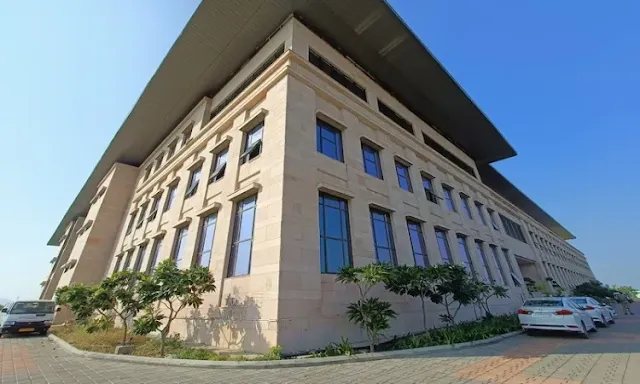The Andhra Pradesh High Court recently invalidated a 1996 government memorandum that required Anti-Corruption Bureau (ACB) officials to obtain prior approval from the Chief Minister before initiating inquiries, laying traps, or registering cases against officers of the All India Services (AIS) and Heads of Departments (HODs). This decision was rendered by a division bench comprising Chief Justice Dhiraj Singh Thakur and Justice Ravi Cheemalapati, who found the memo to be unconstitutional and in violation of established legal principles.
The contentious memo, identified as Memo No.404/SC/D/96-1 and dated May 6, 1996, stipulated that the Director-General of the ACB must send confidential reports concerning AIS officers and HODs to the Chief Secretary, who would then seek the Chief Minister's directives. This procedure effectively placed a significant administrative barrier before the ACB, potentially hindering prompt and impartial investigations into corruption allegations involving high-ranking officials.
The High Court's ruling emphasized that such executive instructions, which impede the initiation of corruption investigations against senior officials, are inconsistent with the principles laid down by the Supreme Court in the landmark case of Vineet Narain v. Union of India. In that case, the Supreme Court underscored that the level or status of an accused individual is irrelevant in corruption cases, particularly those involving direct evidence such as bribery or trap cases. The Court further clarified that the necessity of prior sanction, as provided under Section 19 of the Prevention of Corruption Act, 1988, pertains solely to the prosecution stage and not to the investigation phase.
The petitioner challenging the memo argued that it effectively granted "bulletproof protection" to AIS officers and HODs, thereby fostering an environment where such officials could engage in corrupt practices without fear of immediate investigation. This protective mechanism was seen as discriminatory, creating a dual system of accountability that favored higher-ranking officials over others. The petitioner contended that this not only violated the principle of equality before the law but also undermined the efficacy of anti-corruption measures within the state.
In its judgment, the High Court concurred with these arguments, stating that the executive orders mandating prior approval from the Chief Minister for investigations against certain officials were illegal and unconstitutional. The Court highlighted that such directives contravened the observations made by the Supreme Court in the Vineet Narain case and thus could not be sustained. By setting aside the 1996 memo, the High Court aimed to reinforce the autonomy and effectiveness of the ACB in combating corruption, ensuring that investigations could proceed without undue political interference.
This ruling holds significant implications for the administrative framework governing anti-corruption efforts in Andhra Pradesh. By removing the requirement for prior sanction from the Chief Minister, the ACB is now empowered to initiate investigations against AIS officers and HODs based on credible evidence, thereby promoting greater accountability and transparency within the state's bureaucracy. The decision also serves as a reaffirmation of the judiciary's role in upholding constitutional principles and ensuring that executive actions do not infringe upon the rule of law.
In summary, the Andhra Pradesh High Court's decision to invalidate the 1996 memo marks a pivotal step towards strengthening anti-corruption mechanisms within the state. By eliminating procedural hurdles that previously shielded high-ranking officials from prompt investigation, the ruling enhances the capacity of the ACB to address corruption effectively and reinforces the principle that all individuals, regardless of their position, are subject to the law.










0 Comments
Thank you for your response. It will help us to improve in the future.